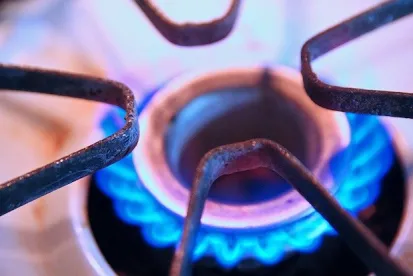On May 2, 2017, the Colorado Oil and Gas Conservation Commission (“COGCC”) issued a Notice to Operators (“NTO”) requiring all operators in the State of Colorado to inspect their existing flowlines within 30 days and verify that any flowline not in use is properly abandoned. Additionally, the NTO requires operators to pressure test all active flowlines within 1,000 feet of any occupied building to ensure their integrity. Pressure tests or abandonment measures, as required, must occur within 60 days.
This NTO was issued following a fatal home explosion in Firestone, CO on April 17, 2017. During the ongoing investigation, an old flowline attached to a nearby vertical well drilled in 1993 was identified. The flowline had been cut, but not disconnected or capped. For many years, this well and flowline were operated in a vacant field far from any occupied structures. The Town of Firestone subsequently approved the construction of this neighborhood in 2015, placing the home within 200 feet of the well and the foundation of the home a mere six feet from the flowline. Several companies have owned and operated the well throughout its history. The circumstances surrounding the severing of the flowline and other details leading to this incident remain under investigation.
COGCC Rule 1103 currently requires, in part, that all abandoned pipelines be disconnected from gas/petroleum supplies, depleted to atmospheric pressure, purged, cut off at a specified depth and sealed. This rule also applies to compressor or gas plant feeder pipelines upon decommissioning or closure of facilities. Per the NTO, for pipelines located within 1,000 feet of an occupied building, the recommended procedure for abandonment is removing the entire pipeline; alternatively, operators may fill the pipeline with backfill material and leave it in place.
As a precautionary measure, two operators have voluntarily shut-in over 3,000 vertical wells in northeastern Colorado. Cities are also undertaking immediate inspection of abandoned wells and flowlines in their jurisdictions. There continues to be an increased demand for residential housing and other development in many oil and gas fields across Colorado. Oil and gas companies should be cognizant of the regulatory, operations, and contract issues that may arise if shut-ins continue, other protective measures are ordered, or there are permitting delays at the state or local level. Additionally, companies should expect increased consultation and collaboration with state officials, municipalities, and developers.




 />i
/>i

